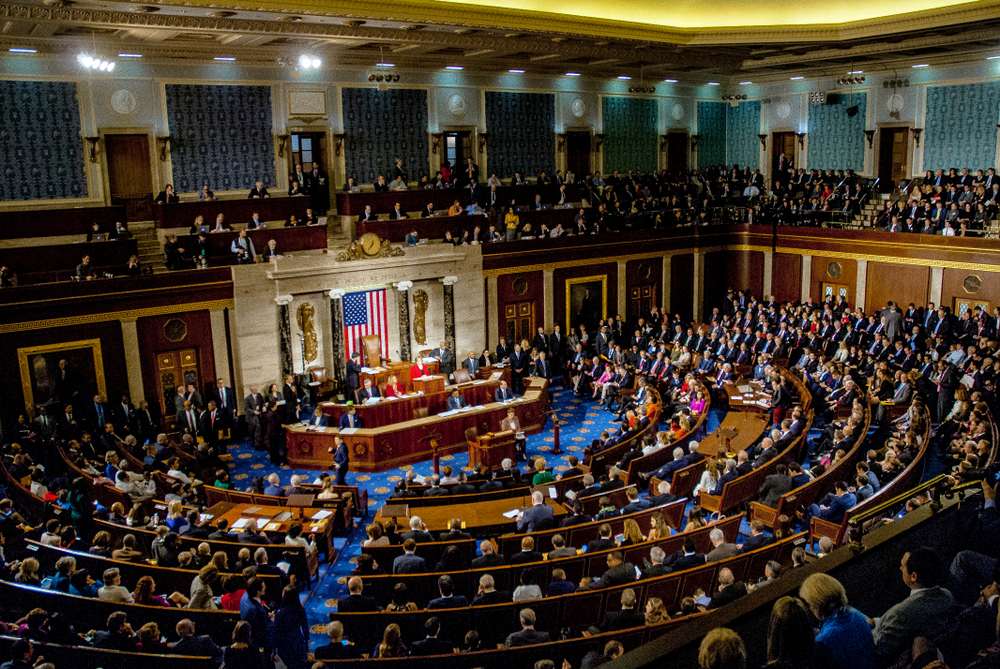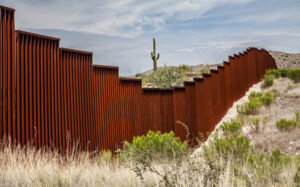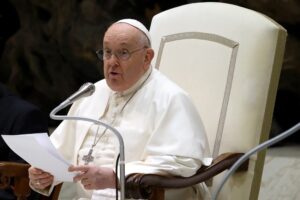Pew survey finds Congress members’ religious affiliations are overwhelmingly Christian, Catholics outnumber all affiliations
New data from the Pew Research Center show that the members of the newly convened U.S. Congress are slightly less Christian than those of the previous session, but Christians still make up the vast majority of the Legislature.
The 119th session of Congress convened Jan. 3 with Christians forming 87% of Congress, one percentage point less than the last session. The new total is also down from the 2015-17 session, when Christians made up 92% of Congress.
This year’s total Christian members of Congress is the lowest since the 2009-2011 session, which was when Pew began tracking religiosity on the Hill.
However, this session of Congress has 150 Catholics, compared with 148 from last session, Pew reported. While the number of Catholics is down from most sessions within the last decade and a half, Catholics still make up the largest group of Christians in Congress.
Despite slightly lower numbers of Christians, Pew found that this session’s Congress members are likely to be more religious than the general population they represent. Only 62% of Americans identify as Christian, compared to Congress’ 87% Christian body.
The trend also remained constant across other religious identities; Congress boasts 32 Jews (6%), compared with just 2% of the overall population who are also Jewish. In regards to irreligiosity, Congress only has three members (1%) who also have no religious identity, though 28% of Americans identify as “nones.”
Pew found that the number of Muslims, Buddhists, and Hindus in Congress slightly increased this session, with an additional one to two new members per denomination.




